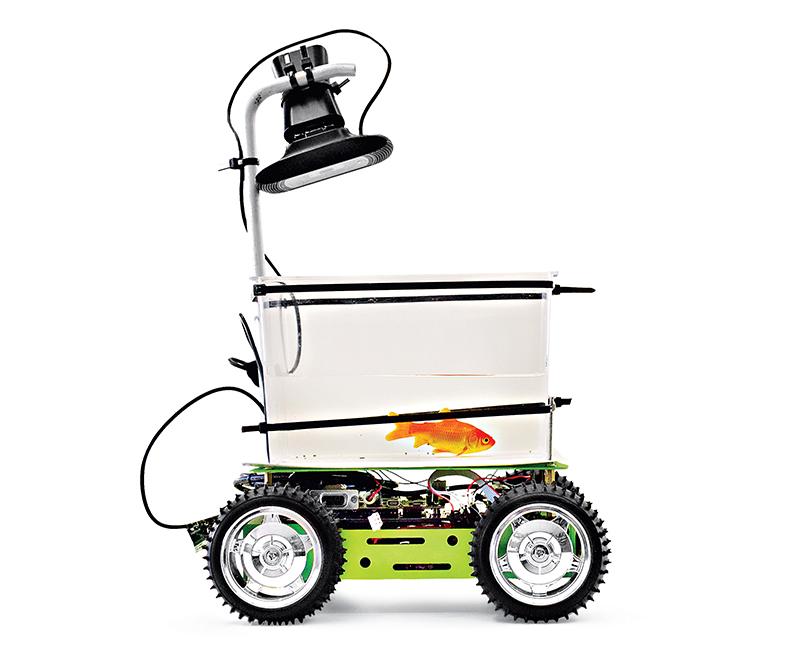Today’s University of Michigan C.S. Mott Children’s Hospital National Poll on Children’s Health finds that this so-called “sharenting” isn’t going anywhere anytime soon, with more than half of mothers and one-third of fathers discussing child health and parenting on social media and nearly three quarters of parents saying social media makes them feel less alone.
But how far is too far when it comes to crossing the boundaries between public and private life?
“By the time children are old enough to use social media themselves many already have a digital identity created for them by their parents,” says Sarah J. Clark, M.P.H., associate director of the University of Michigan C.S. Mott Children’s Hospital National Poll on Children’s Health and associate research scientist in the U-M Department of Pediatrics.
“Sharing the joys and challenges of parenthood and documenting children’s lives publicly has become a social norm so we wanted to better understand the benefits and cons of these experiences. On one hand, social media offers today’s parents an outlet they find incredibly useful. On the other hand, some are concerned that oversharing may pose safety and privacy risks for their children.”
Sarah J. Clark, M.P.H., discusses what parents in the University of Michigan C.S. Mott Children’s Hospital National Poll on Children’s Health said about sharing information about their children on social media- or so- called ‘sharenting.’ Credit: University of Michigan Health System
When sharing parenting advice on social media, common topics included getting kids to sleep (28%), nutrition and eating tips (26%), discipline (19%), daycare/preschool (17%) and behavior problems (13%), according to the November/December Mott poll that surveyed a national sample of parents of children aged 0-4. Nearly 70 percent of parents said they use social media to get advice from other more experienced parents and 62 % said it helped them worry less.
However, parents also recognized potential pitfalls of sharing information about their children, with nearly two-thirds concerned someone would learn private information about their child or share photos of their child. More than half also worried that when older, their child may be embarrassed by what was shared.
via phys.org


